
OR
Toxic chemicals found in children’s stationery items across Asia including Nepal: Studies
Published On: April 1, 2022 01:27 PM NPT By: Republica | @RepublicaNepal
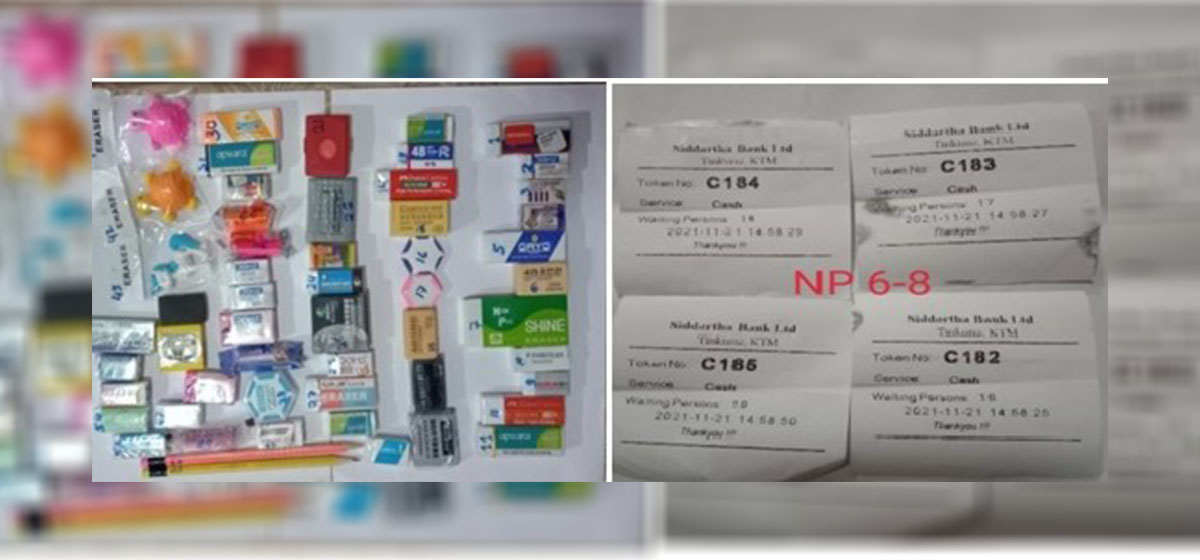
KATHMANDU, April 1: The Center for Public Health and Environment Development (CEPHED) has called for an Endocrine Disrupting Chemicals (EDCs)-free Nepal. Stating that basic stationery items imported from outside the country were found to be highly contaminated, CEPHED has stressed the need for strongly regulating the import of children's stationery items like erasers and to enact standards of Phthalates and BPA in daily products used by children and effectively implement it.
A study released by CEPHED with the support of Wonjin Institute for Occupational and Environmental Health (WIOEH) and Financial Industries Public Interest Foundation (FIPIF), South Korea, has found that 38 percent (20 of 53) essential school stationary like erasers were found contaminated with Phthalates and 94 percent (29 of 31) thermal paper contained BPA like EDCs toxic to public health and environment
The study on EDCs was participated in by 80 individuals from Asian countries. A collaborative initiative of FIPIF, WIOEH and IPEN partner organizations (PO) from different Asian countries including Nepal, Bangladesh, Sri Lanka, Malaysia, Vietnam, Philippines, Indonesia, Japan and Korea participated in these studies. The study of EDCs such as PHTHALATES in ERASER and BPA in thermal paper were studied in 400 Eraser Samples and 318 Thermal Paper samples from 9 Asian Countries including Nepal at Wonjin institute for occupational and Environmental Health (WIOEH) laboratory based in South Korea.
There were 53 Eraser samples and 31 Thermal Paper samples included in these international studies from Nepal. The erasers were collected from different types of shops like book and stationery shops, art stores and departmental stores. The thermal paper samples were collected from hospitals, pharmacies, banks, ATMs, public offices, small enterprises, large enterprises, vehicle parking tickets, restaurants, coffee shops, mobile support service centers mostly from the Kathmandu Valley (Kathmandu, Lalitpur and Bhaktapur) and Janakpur.
Initially, PVC screening was done in all 400 eraser samples collected from nine Asian countries by using XRF Machine based on its chlorine content over 1%. As much as 54.5 % (218 of 400) samples were found to be made of PVC and 45.5% (182 of 400) were found to be made of non-PVC materials. Further seven types of Phthalates (DiBP, DBP, BBP, DEHP, DnOP, DINP and DIDP) were tested in all eraser samples by using CPSC-CH-C1001-09.4 GC/MS, SIM mode equipment. Secondly, five derivatives of Bisphenol (BPA, BPS, BPF BPB, BPAF) in all thermal paper were tested using LC-MS at a laboratory based in WIOEH, South Korea.
Among the Nepali samples included in the studies, essential school stationary like eraser, 38% eraser (20 of 53) were found contaminated with Phthalates and 94% thermal paper (29 of 31) contained BPA like EDCs which are toxic to public health and environment. Sum of all seven phthalates in 9 erasers samples (19% of total and 45% of detected one) exceed Korean safety limit phthalates limit of 0.1% by weight. The maximum phthalates eraser up to 25.62% which is 256 times more than the Korean safety limits. Phthalates such as DEHP found in 14, (26%), DBP in 14 (26%) and DiBP in 4 (7.8%) of eraser respectively.
Among the Nepali samples, all samples detected BPA which exceeded EU regulatory standards (EU BPA regulation: <0.02%). Max up to 2.44% (122 times more than the EU limit). Highest concentration of PBA in thermal paper receipts samples collected from parking, Coffee Shops and banks (coupon and ATM) and government offices (NEA and Bank) respectively.
CEPHED Nepal has already initiated programs related to awareness raising and policy advocacy with the authorities concerned government, private and media agencies for banning contaminated products, envisioning mandatory Phthalates and BPA standards and robust regulating mechanisms (institutional and legislative framework) in place. Nepali children, the future of Nepal should be protected by all concerned, Charitra Sah said.
You May Like This
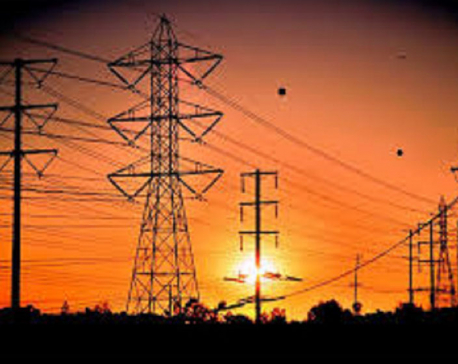
Boost investment in power transmission infrastructures
As Nepal strives to achieve uninterrupted power supply for all its citizens and capitalize on surplus electricity through exports, urgent... Read More...

Nepal online trade: Decorating Nepal
Nepal Online Trade is a business initiative of Sajak Yonjan that sells décor materials imported from China, Hong Kong, and... Read More...
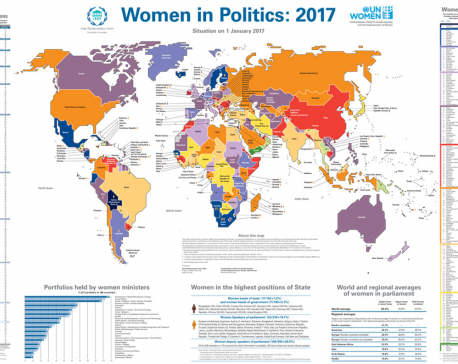
Nepal leads South Asia in women parliamentarians
KATHMANDU, April 2: Despite a decline since the previous Constituent Assembly (CA), Nepal has made it to top position in... Read More...





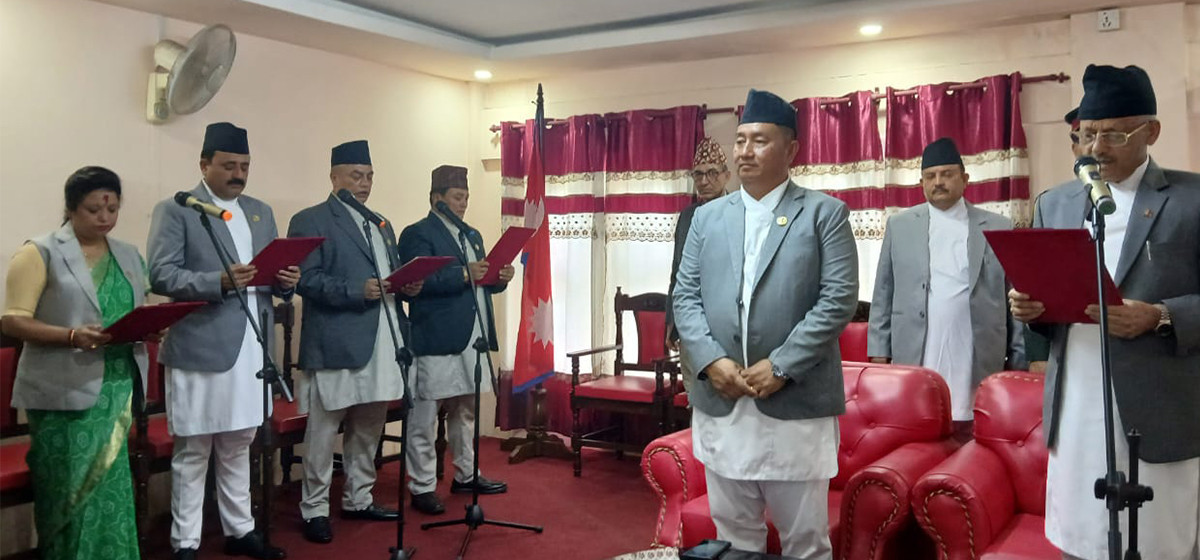
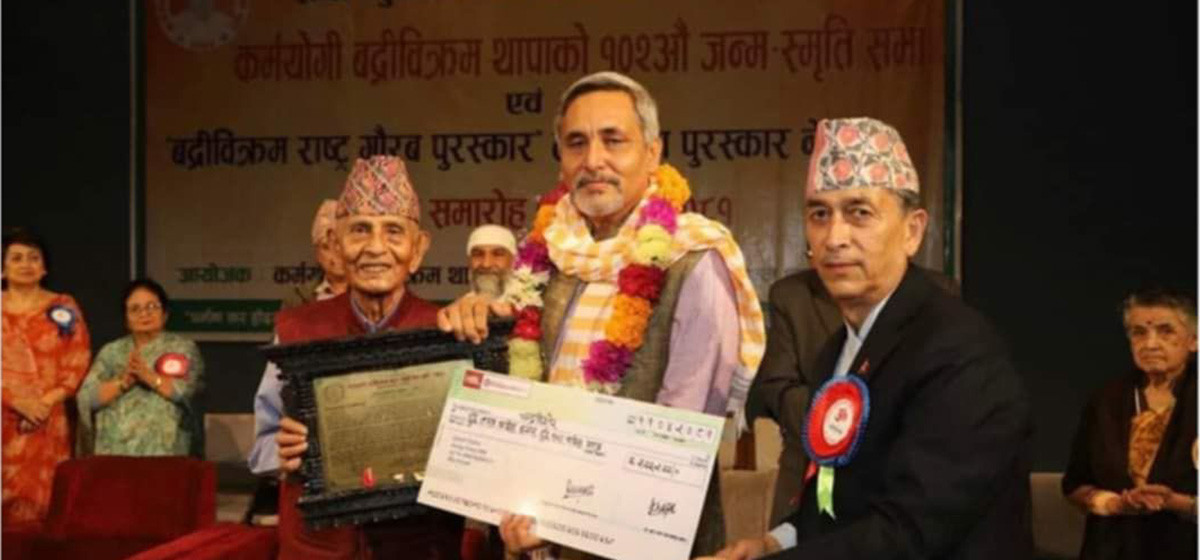
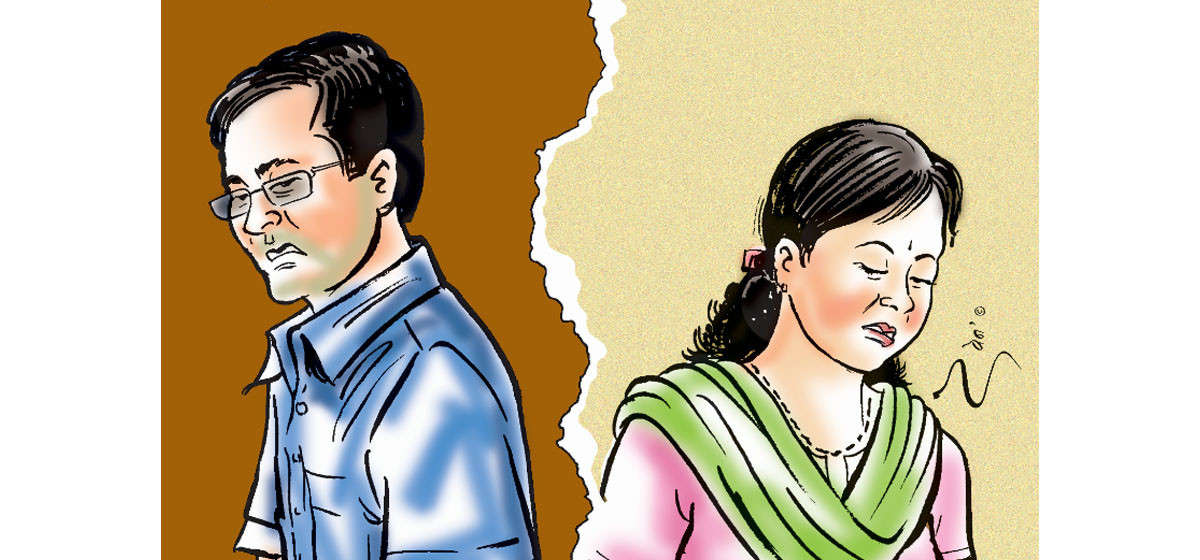
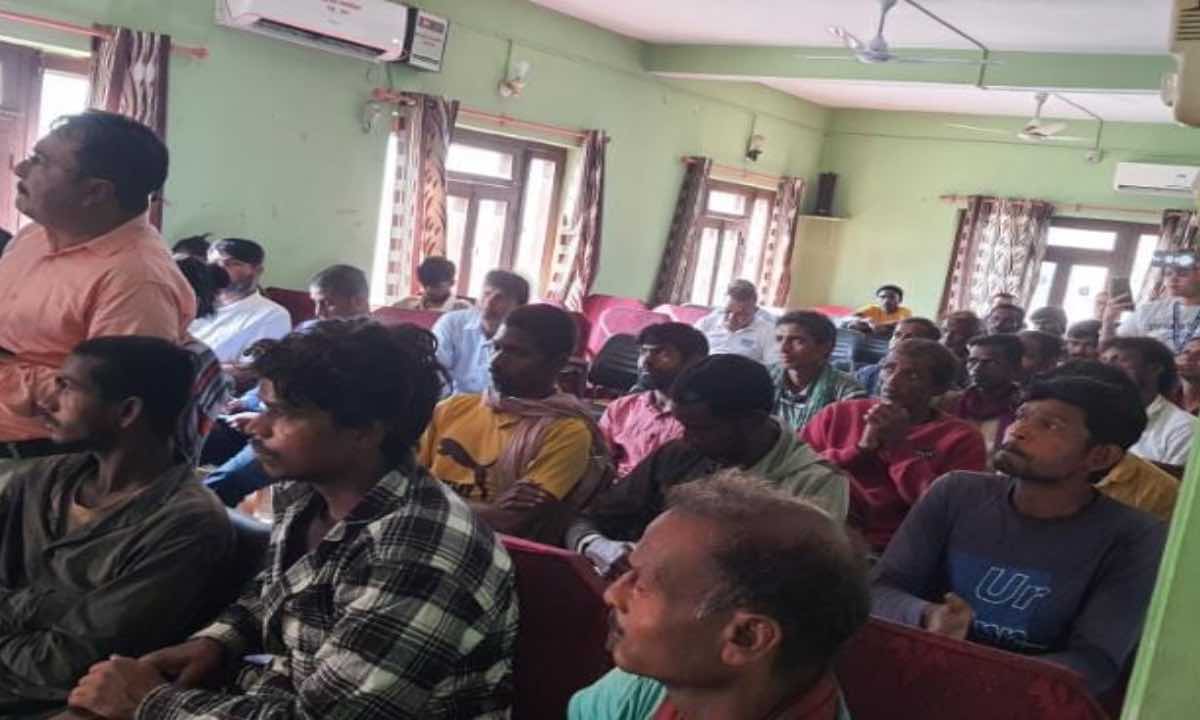
Just In
- Two children found infected with measles in Shuklaphanta
- Four NC ministers take oath of office and secrecy
- Dr Ruit and Journalist Chandra Kishore feted
- Kathmandu records highest number of divorce cases with 13 couples filing for divorce daily
- Rapid response team mobilized in Dhangadhi to contain cholera outbreak
- 28 workers held hostage in India rescued
- Simaltal bus accident: 40-kg magnet deployed to trace missing buses
- Youth of eight districts lead in foreign employment




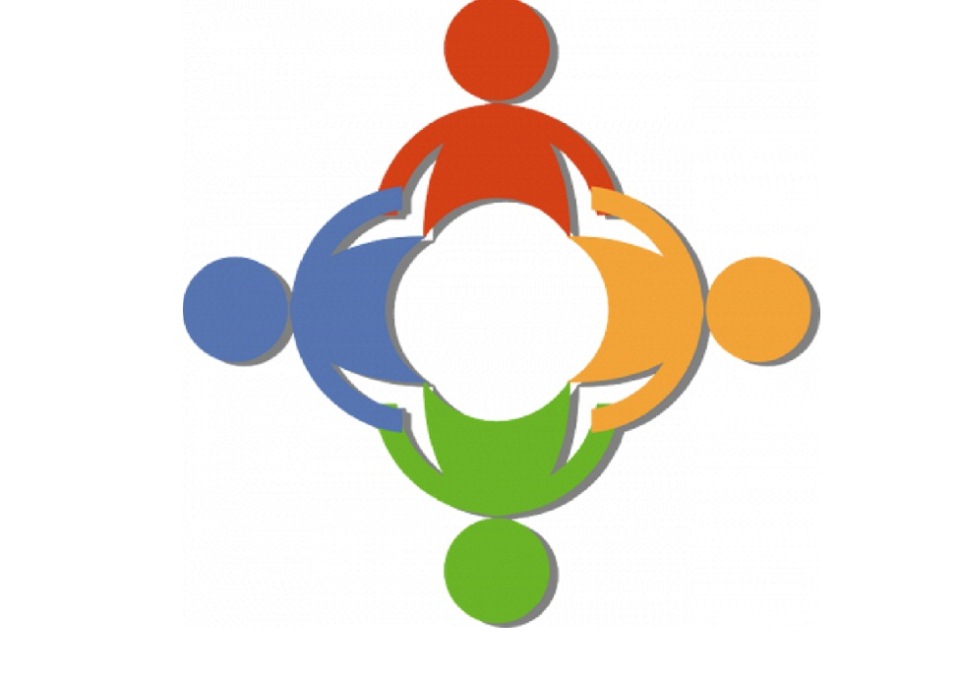


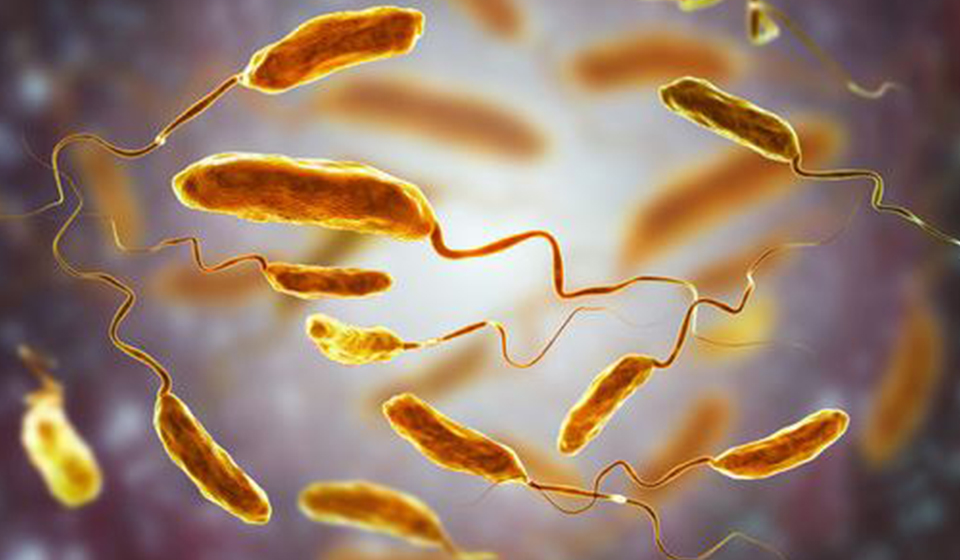
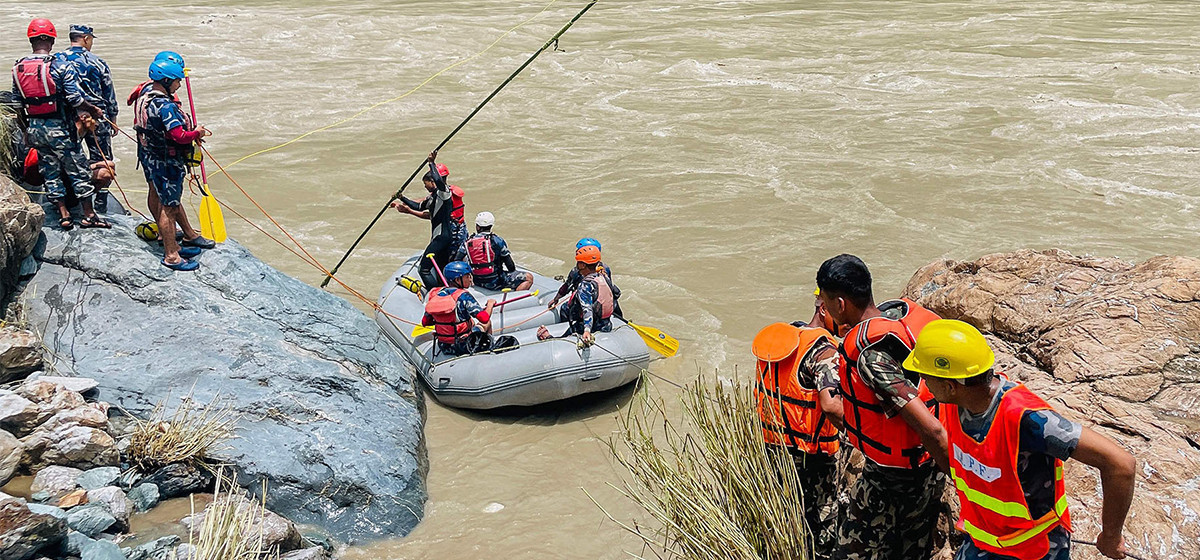
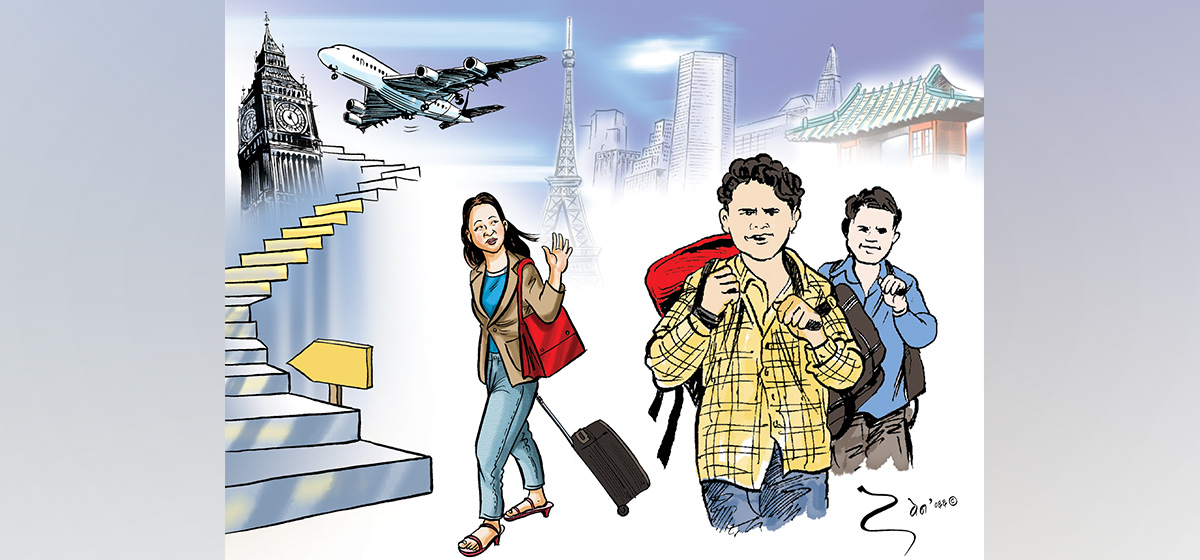
Leave A Comment